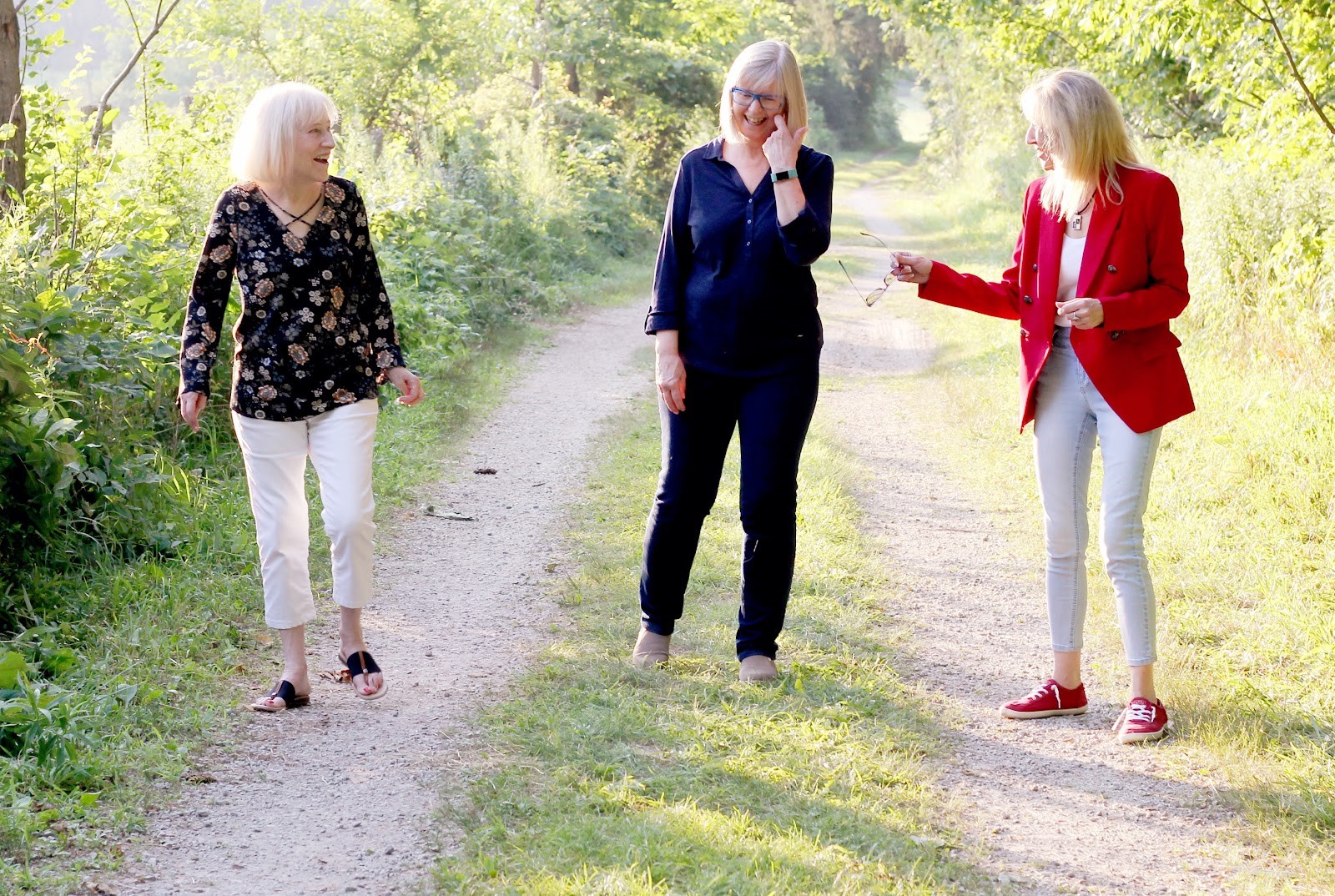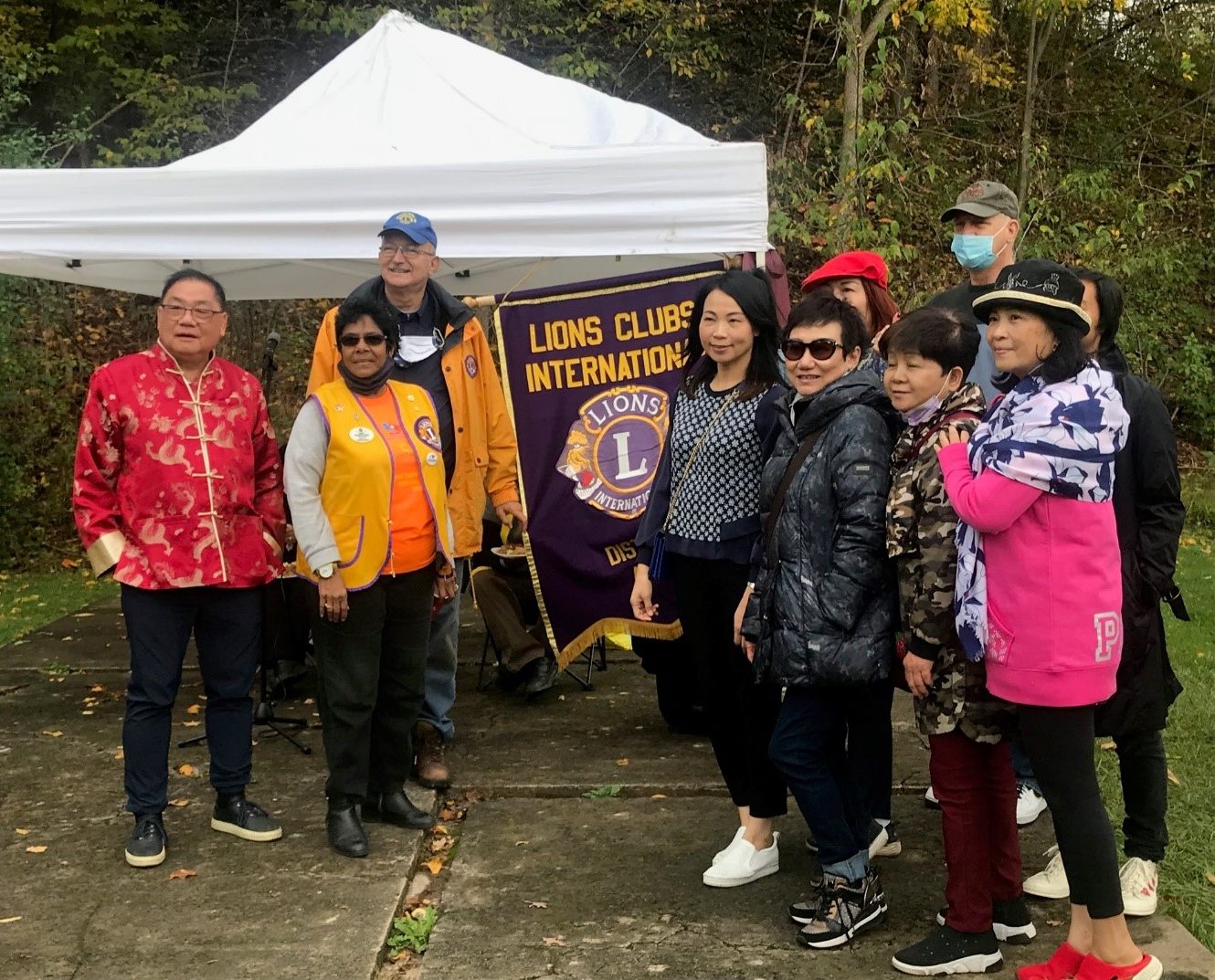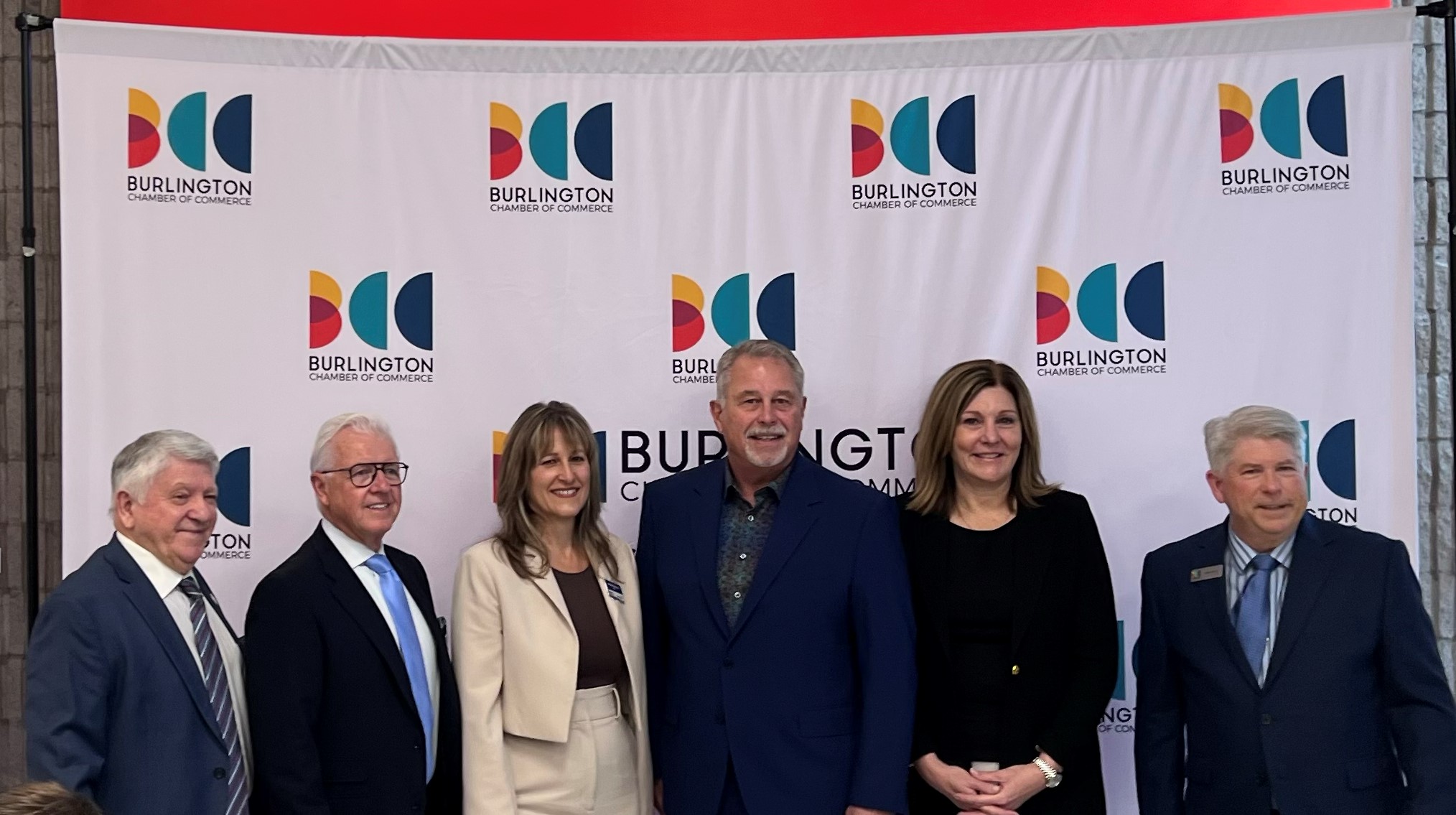By Rebecca Gruszka, Local Journalism Initiative Reporter
On November 1, Widowed Friends, a Burlington-based support and social group for widows and widowers, revealed their new name, Widowed Friends Association (WFA), and new status as a not-for-profit corporation. Founder Stephanie Etherington, along with board members Penny Ryan and Lesley Morris, explains, “Widowed Friends has operated as a volunteer, incorporated entity relying on membership fees primarily to fund its many activities. …Our goal is to reach out to as many people as we can offering a unique, social community to widows and widowers across the country.”
Providing the best possible services and programming has become difficult in recent years. Now as a not-for-profit, they can apply for municipal, provincial or federal grants, just one of the benefits of being a not-for-profit for WFA. This new status will also allow WFA to develop connections with community partners and businesses, raise awareness of the organization, and gain sponsors. Etherington goes on to say, “Opportunities for support from community partners can assist us in helping to meet the increased needs of our widowed community by offering more programs and services.”
WFA’s mission of supporting widows and widowers “by providing a safe and caring community” remains the same with their new status, and there will be more opportunities for members to support the organization through volunteering and participation.
Along with its mission, WFA’s vision is to connect widows and widowers to a supportive, empathetic, and inclusive community to create hope and healing by offering fun social activities with a focus on personal growth and well-being.
How do they achieve this? WFA runs a host of community activities and events with the purpose of bringing widows and widowers together to become stronger together. WFA members meet new people and make connections both in-person and online, rebuild confidence, and get support through the grieving process.
During November, members can take part in virtual bingo; peer support groups; listen to guest speakers on topics like online dating and world history; a book club discussion (they are currently reading Lady Clementine by Marie Benedict); and a weekly Jeopardy game. There is also the Walking Club, which will start up again in the spring, dinners, and breakfast get-togethers at places like Industria Pizzeria and Bar and Milestones, weekly Coffee Talks, and Community Connect, where members arrange their own events with other members.
Long-time member Debbie G. shares, “I’ve been a member for about eight years. I participate in Zoom meetings where we play Jeopardy on Wednesday nights. There’s a Sunday social where we’ll see a short video on a different travel destination and then we just chat, about how we’re doing and what’s new. I joined the book club, and we have a meeting once a month. …The book club is nice because you get to chat and hear what people’s opinions are and get a different perspective on the book.”
Even during the pandemic, the Widowed Friends were able to pivot. Debbie says, “Once the pandemic hit, Stephanie set up Zoom so that people could stay connected and that’s been great for me. Even though you’re not seeing someone face to face, you still get to stay connected.”
Debbie goes on to say that the Widowed Friends has helped her “Not feel alone in grief. Everybody’s in the same situation, being a widow or widower, they understand what you’re going through and even though everybody’s grief is different, they’re very understanding and nobody’s judgmental. Everybody gets it.”
Members appreciate the kindness and care, Etherington, Ryan, and Morris exude along with the effort they put into organizing newsletters, events, and activities for Widowed Friends. There is a strength members draw from when together.
Loss of friends is a common situation among widows and widowers, leading to low social support and leaving them to suffer alone in their grief. Higher rates of loneliness are also reported — widows and widowers are 5.2 times more likely to be lonely than those in relationships.
Social groups like Widowed Friends help reduce the negative impacts of widowhood, which can include mental health issues, depression, and feelings of loneliness — especially in older adults. Debbie shares she’s lost touch with many friends she had pre-widowhood but now has solid groups of friends that regularly get together that she met through Widowed Friends and another bereavement group she’s been a part of for 19 years.
The best part of Widowed Friends, Debbie says, is the “community. Having those friends and someone to talk to. When we get together for coffee, it’s not all about grief. We help each other move through grief but it’s the companionship, the friendship. Those are the things I like the most.”
Sources:
Freak-Poli, R., Kung, C. S. J., Ryan, J., & Shields, M. A. 2022. Social isolation, social support, and loneliness profiles before and after spousal death and the buffering role of financial resources. The Journals of Gerontology. Series B, Psychological Sciences and Social Sciences. Url: https://pubmed.ncbi.nlm.nih.gov/35373252/ (accessed Nov 14, 2023).
Nath, B. (2019). Mental health and perceived loneliness among widowed older adults: Exploring the effects of gender and social support. MA Thesis, Simon Fraser University. Url: https://summit.sfu.ca/item/19884 (accessed Nov 14, 2023).
Widowed Friends. n.d. Building new friendships, rebuilding lives. Url: https://widowedfriends.ca/about/ (accessed Nov 8, 2023).
Widowed Friends. N.d. Benefits of Membership. Url: https://widowedfriends.ca/benefits-of-membership/ (accessed Nov 8, 2023).




